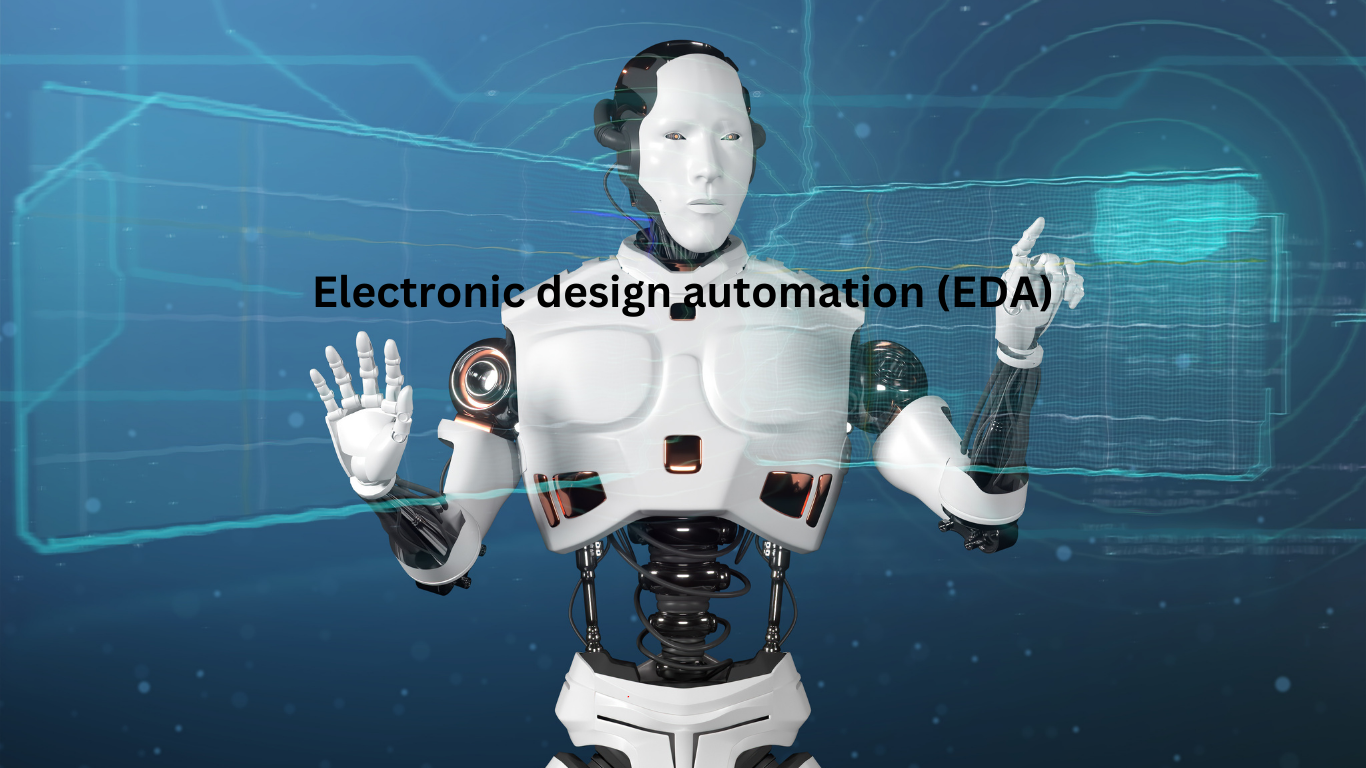Electronic design automation (EDA)
Electronic Design Automation (EDA) refers to a specialized field encompassing hardware, software, services, and processes that employ computer-aided design (CAD) techniques to develop intricate electronic systems. These systems include various components such as printed circuit boards (PCBs), integrated circuits (ICs), and microprocessors.

EDA tools and methodologies play a crucial role in the design, analysis, verification, and optimization of electronic systems, enabling engineers to efficiently create and refine designs while meeting performance, power, and cost requirements. EDA encompasses a wide range of activities, including schematic capture, layout design, simulation, synthesis, timing analysis, and physical verification, among others. The use of EDA tools has become indispensable in the electronics industry, facilitating the development of cutting-edge technologies across numerous applications, from consumer electronics to aerospace and automotive systems.
How do I get Vias resistance information within a new process?